Strategic HRM: Evidence-Based Management and Organizational Goals
VerifiedAdded on 2022/08/26
|9
|651
|17
Report
AI Summary
This report provides an overview of strategic human resource management (HRM) and the application of evidence-based practices within organizations. It emphasizes the importance of aligning HRM with organizational goals, highlighting how strategic management helps analyze competition and internal organizational aspects. The report explores the growing movement of evidence-based HRM, emphasizing the use of well-researched evidence for decision-making, the significance of data analysis, and the management of risks. It details the role of HRM in recruitment, employee direction, and ensuring adaptability to customer needs. Furthermore, the report discusses HRM practices such as setting objectives, planning, skill development, and performance evaluation. The conclusion underscores the value of scientific data analysis in making informed decisions and the potential pitfalls of common mistakes. References to relevant literature are included to support the findings.
1 out of 9
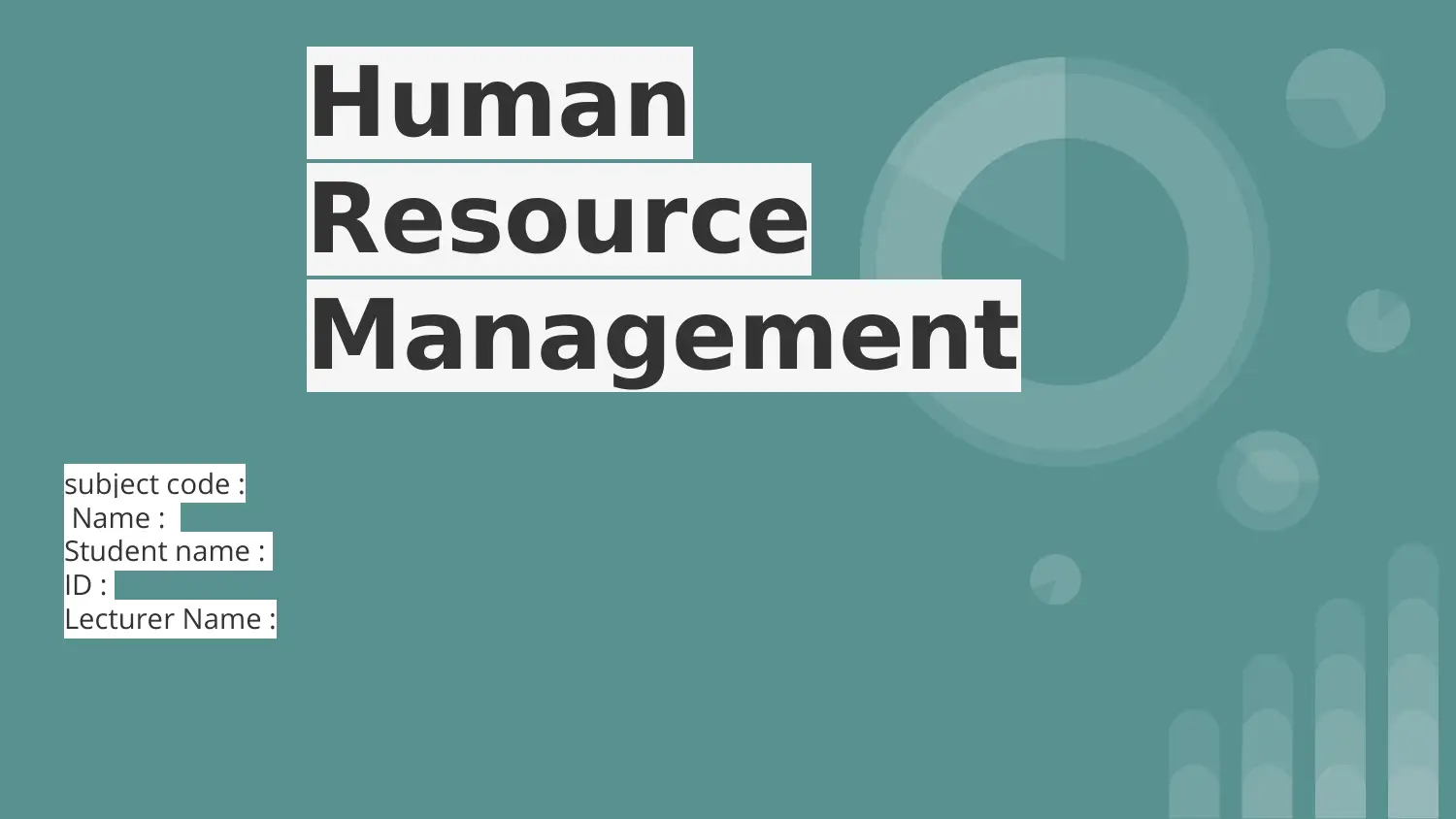
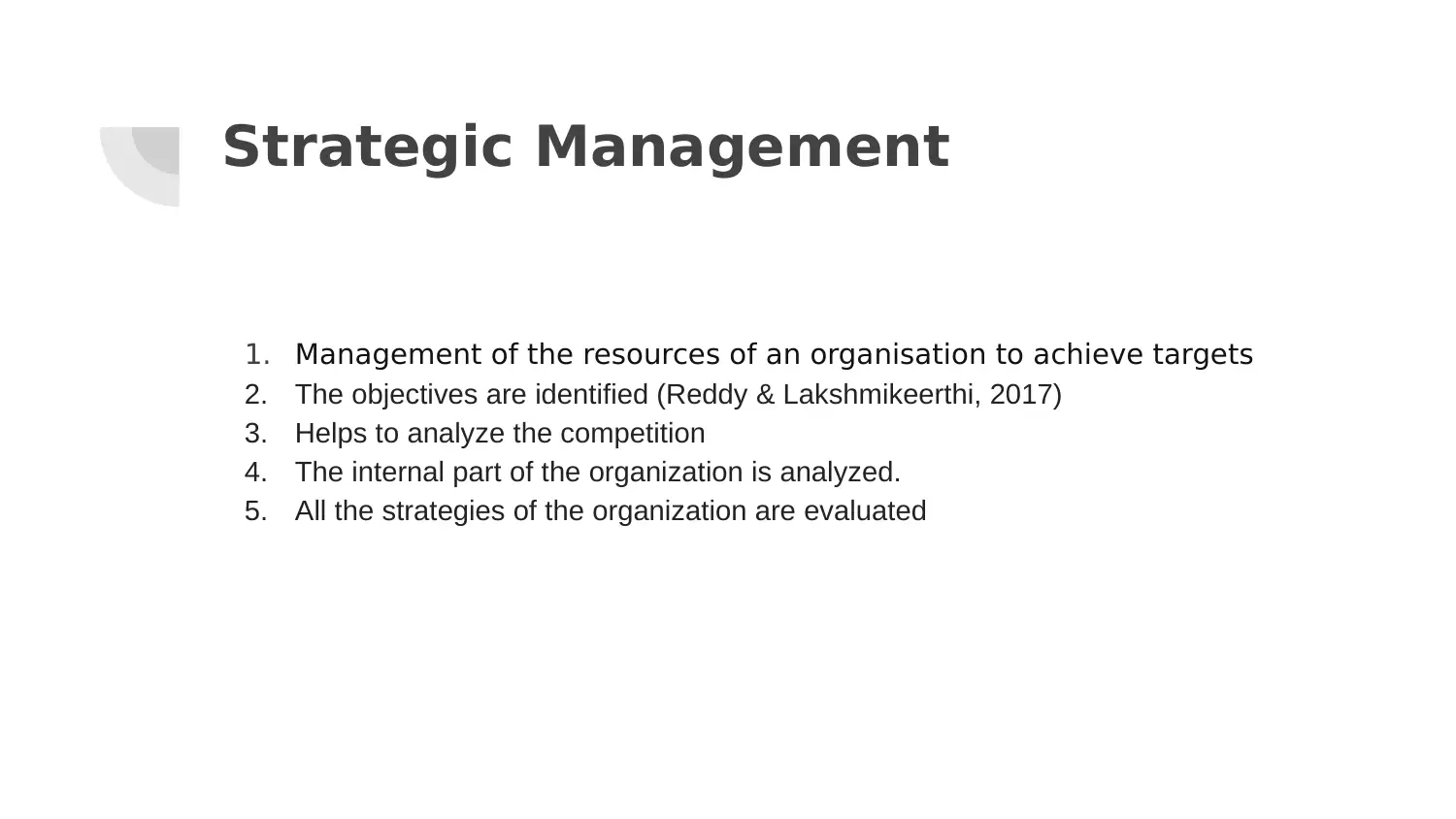
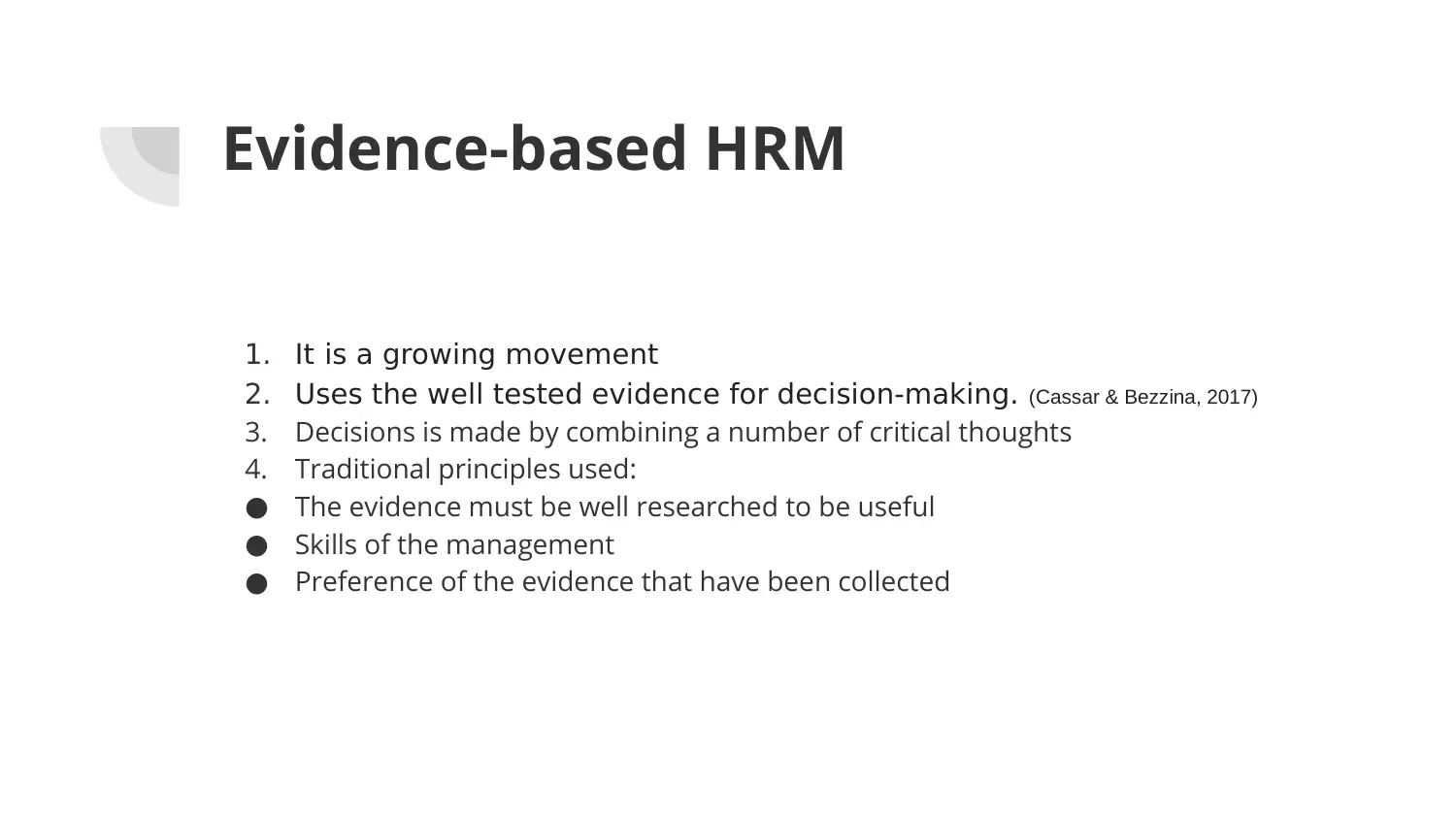

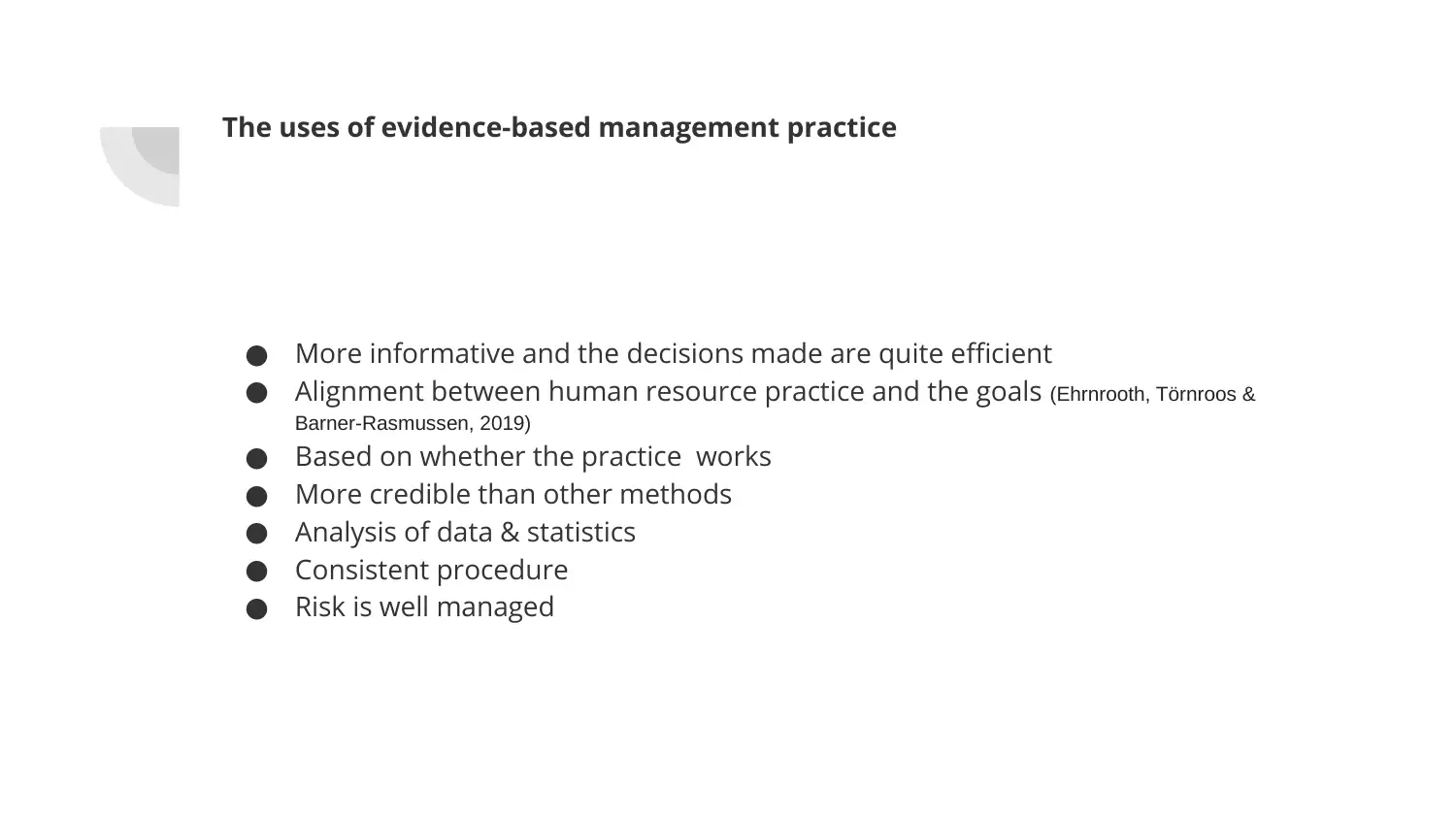
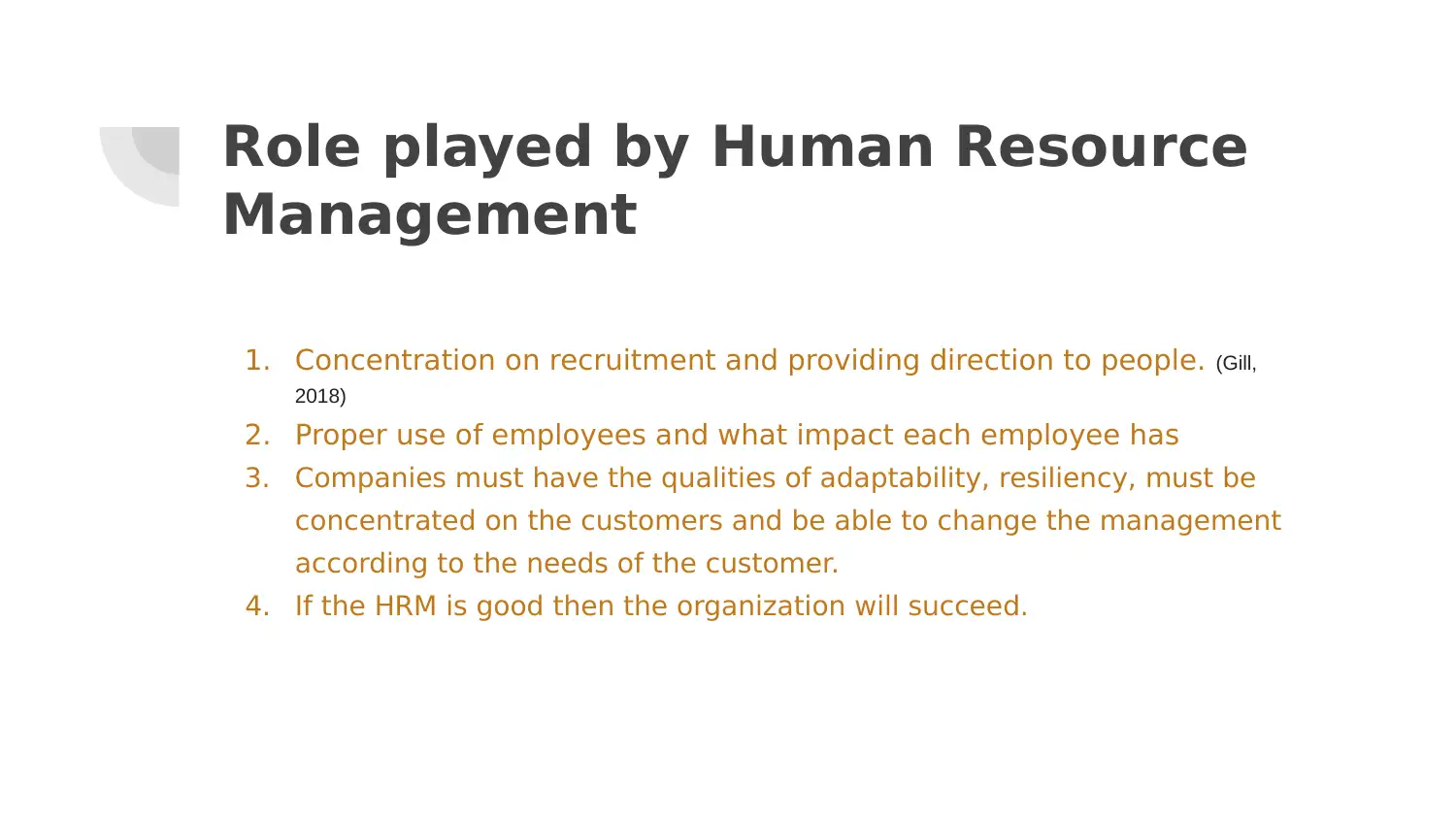
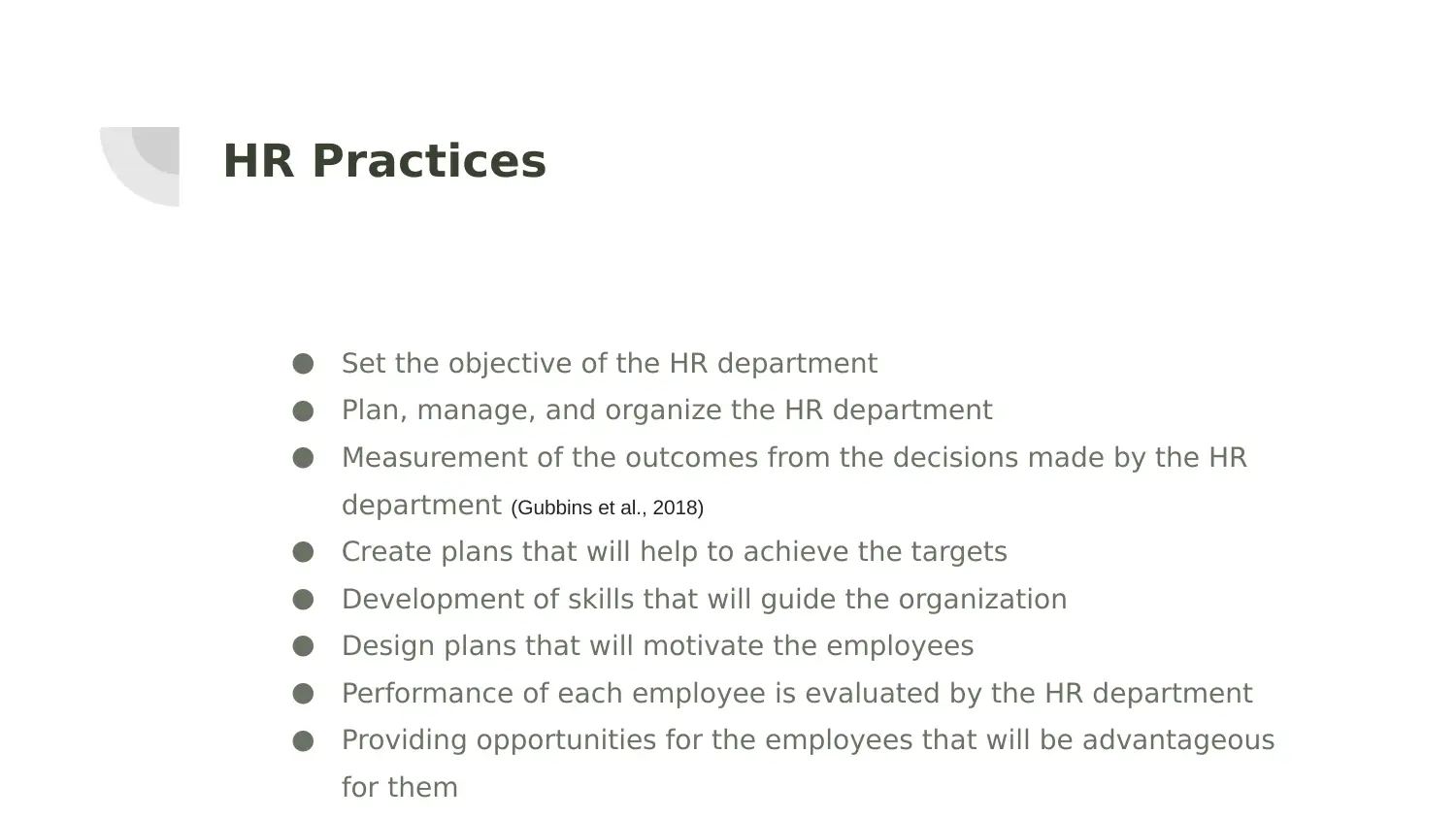
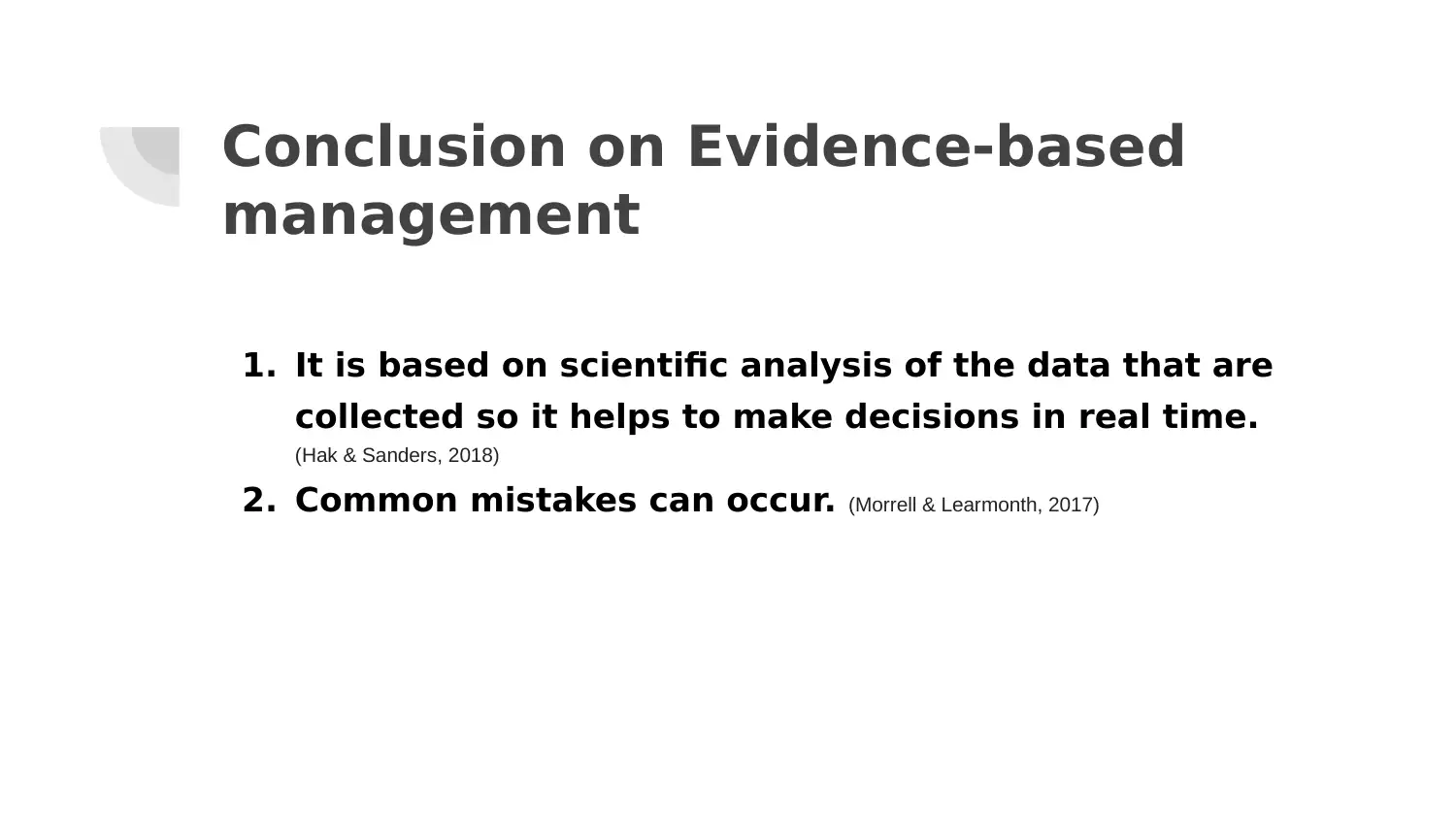
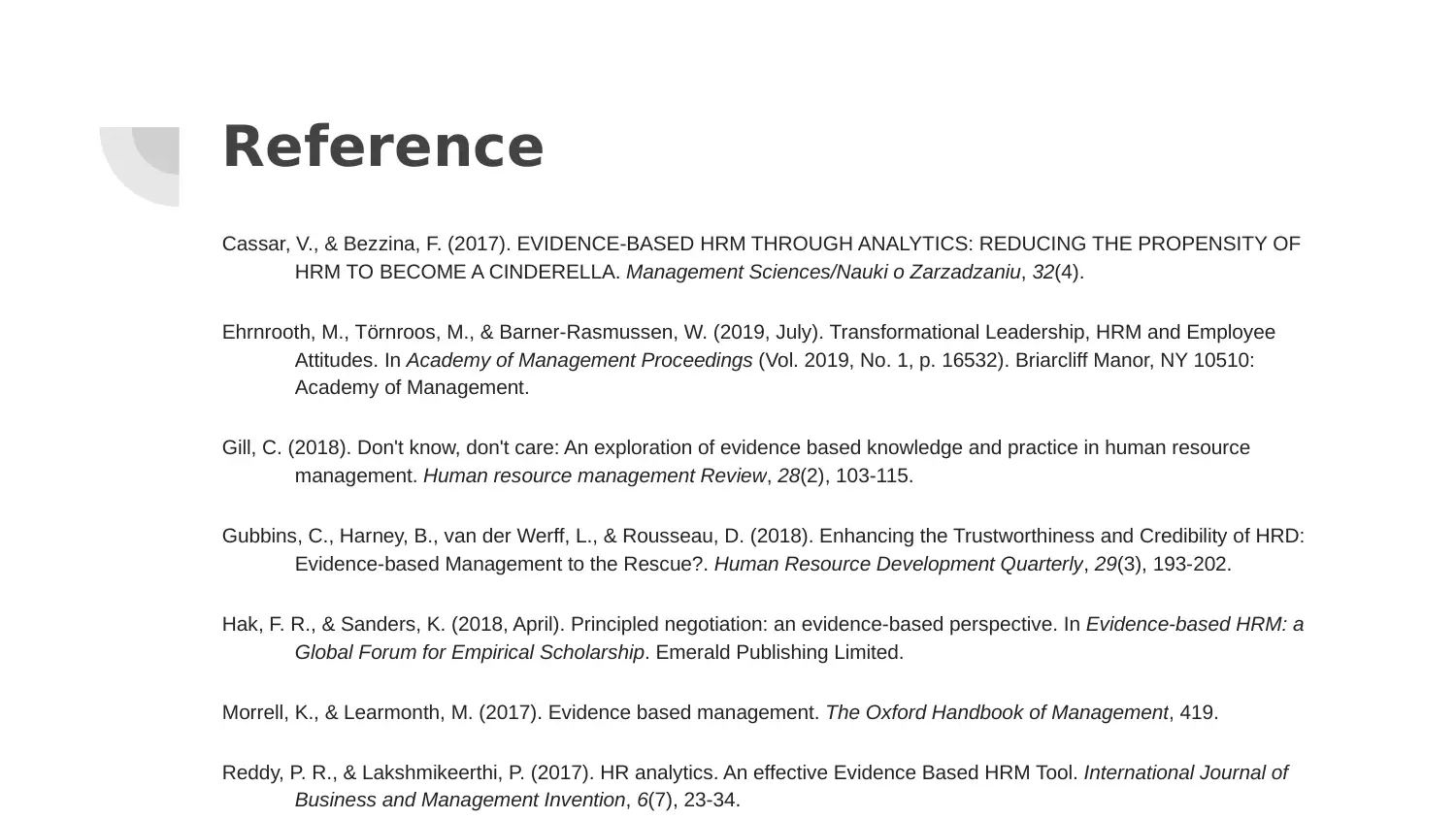




![[object Object]](/_next/static/media/star-bottom.7253800d.svg)